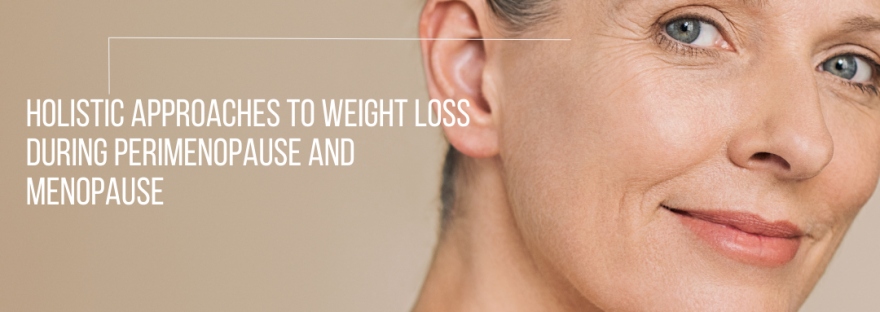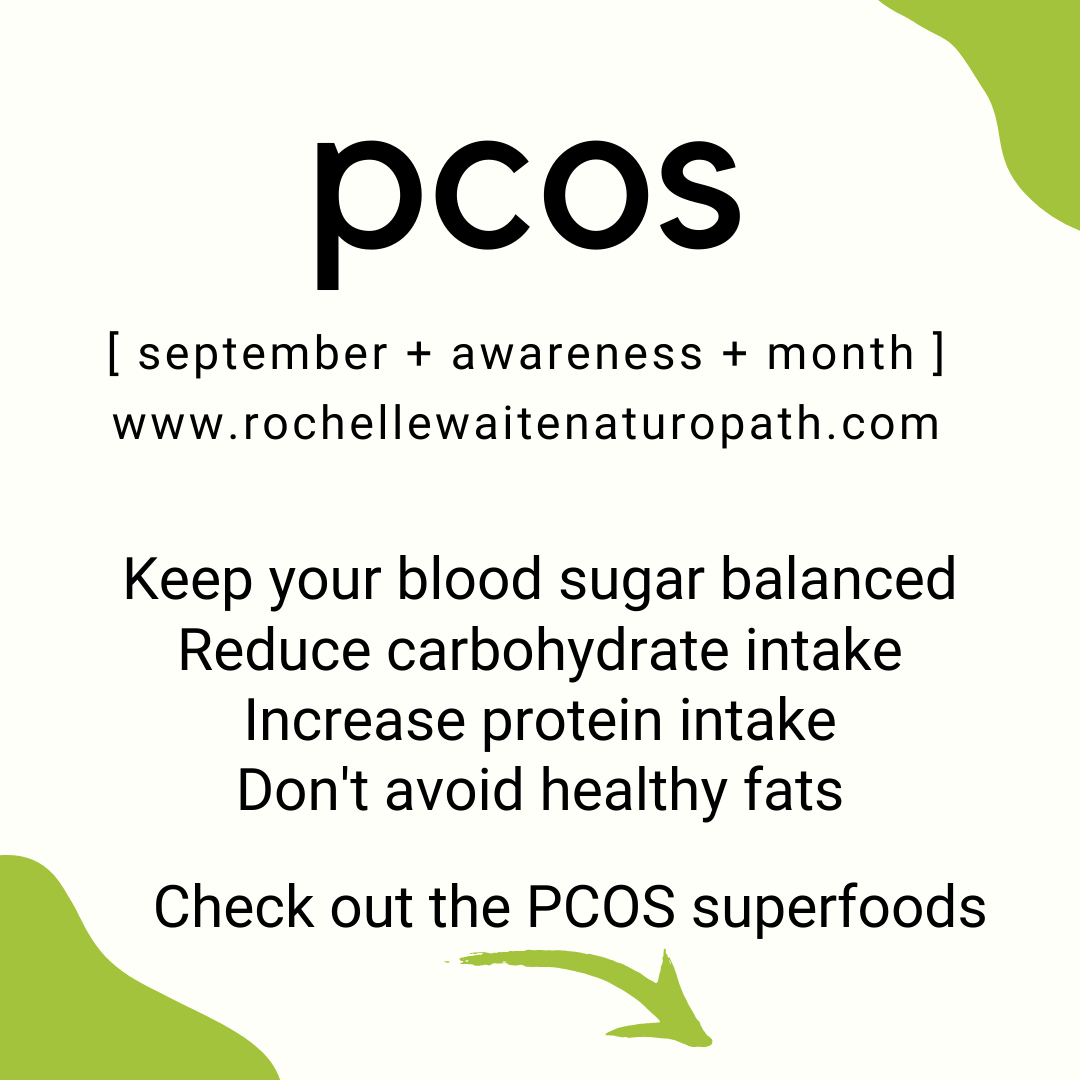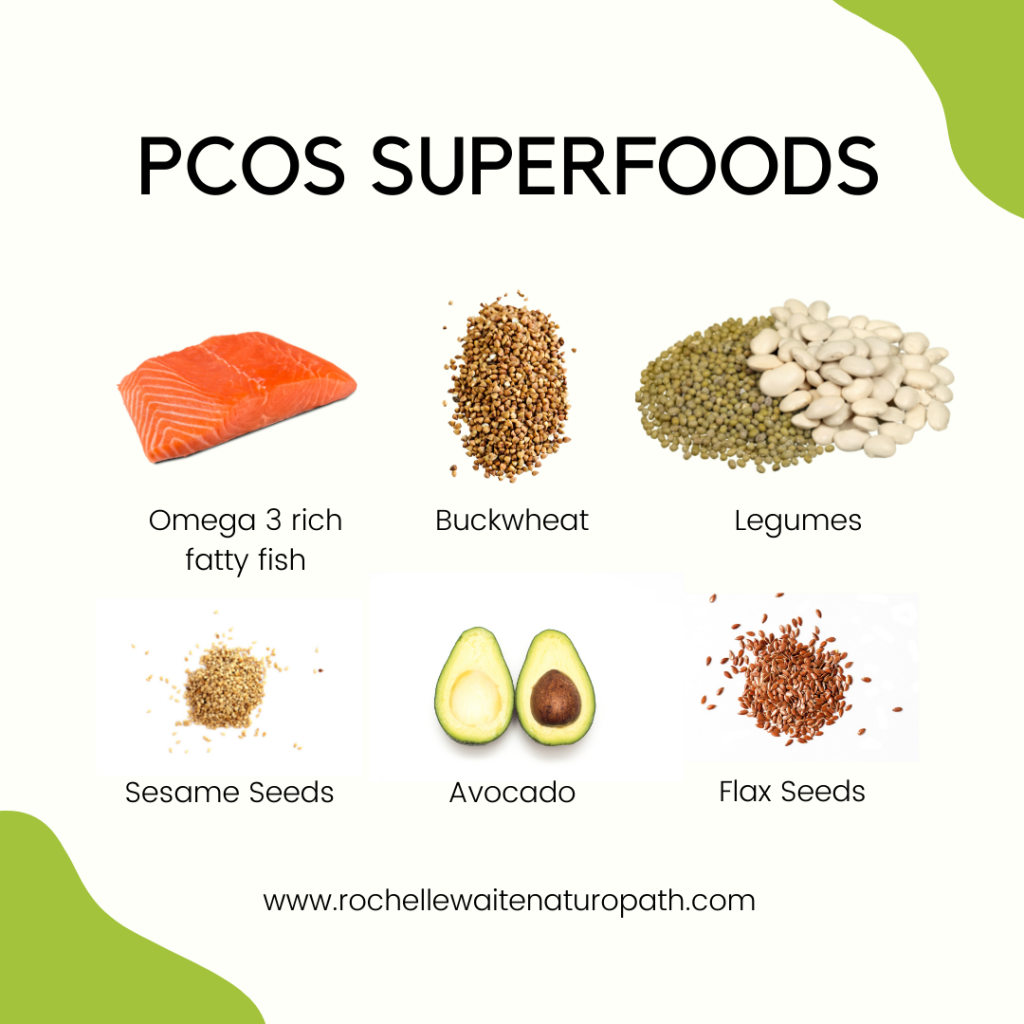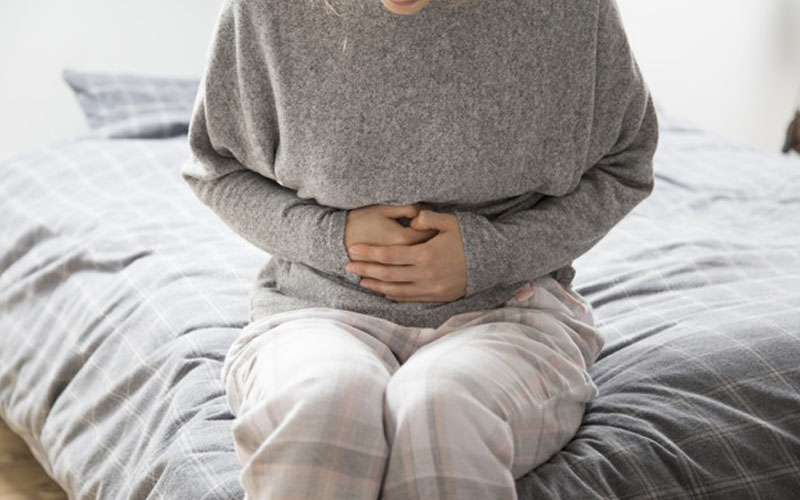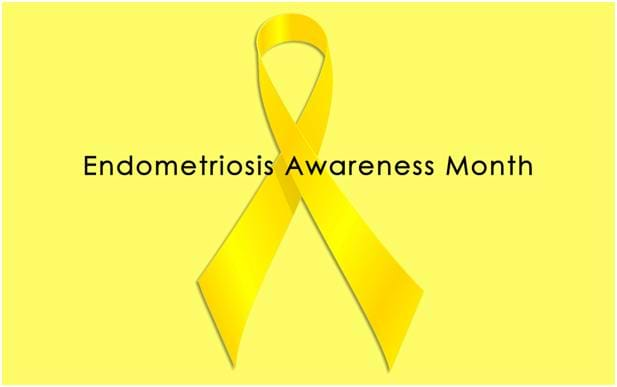As women embark on the transformative phases of perimenopause and menopause, understanding the intricacies of this journey is paramount. Perimenopause, usually starting in the late 30s to early 40s, signifies the transition leading up to menopause. The official declaration of menopause occurs after 12 consecutive months without a menstrual period, typically in the late 40s or early 50s. This transition is accompanied by a significant hormonal shift, notably a decline in oestrogen levels.
Understanding Perimenopause and Menopause
Perimenopause introduces hormonal fluctuations, characterized by irregular menstrual cycles and various symptoms. This phase sets the stage for the substantial decline in oestrogen, a key hormone produced by the ovaries. Oestrogen plays a crucial role in influencing metabolism and fat storage mechanisms. The reduction in oestrogen during perimenopause triggers changes in the body’s processing and storage of fat, often leading to weight-related challenges. Metabolism tends to slow down, and fat storage, especially around the abdomen, becomes more prevalent.
Hormonal Impact on Weight and Insulin Sensitivity
The decline in oestrogen levels poses a challenge to insulin sensitivity. Insulin, vital for regulating blood sugar levels and fat storage, faces obstacles in managing glucose effectively. This can contribute to weight gain during perimenopause.
In dispelling common myths surrounding weight management during perimenopause, it’s crucial to challenge misconceptions:
1. Myth 1: Weight Gain is Inevitable:
Weight gain during perimenopause is not inevitable. A proactive approach to a healthier lifestyle, including mindful eating and regular exercise, can effectively manage and even reverse weight gain.
2. Myth 2: Nothing Can Be Done About It:
Weight gain during perimenopause is not irreversible. Engaging in a healthy lifestyle yields positive results, showcasing the body’s resilience for adaptation and positive change.
3. Myth 3: Crash Diets Are the Solution:
Extreme measures like crash diets are not sustainable solutions. Sustainable, long-term strategies are essential for lasting results.
4. Myth 4: Exercise Won’t Make a Difference:
Regular physical activity is crucial for managing weight during perimenopause. Exercise maintains muscle mass, boosts metabolism, and contributes to effective weight management.
5. Myth 5: All Weight Gain is Fat:
Recognising that weight gain may involve changes in muscle mass and distribution is essential. A holistic approach to weight management considers these nuanced changes.
Smarter Strategies for Weight Management:
In navigating weight loss during perimenopause, embracing smarter strategies becomes paramount:
1. Nutrient Timing:
Distribute nutrient intake throughout the day for regulated blood sugar and optimised metabolism. Balanced meals with protein, healthy fats, and complex carbs provide sustained energy.
2. Resistance Training:
Prioritise resistance training to build and maintain muscle mass, countering the natural decline in metabolism.
3. Intermittent Fasting:
Experiment with intermittent fasting, such as the 16/8 method, to support calorie restriction and enhance insulin sensitivity.
4. Mindful Eating Practices:
Cultivate mindful eating habits, paying attention to hunger and fullness cues for a healthy relationship with food.
5. Adaptogenic Herbs:
Incorporate adaptogenic herbs like ashwagandha and rhodiola to help the body adapt to stress and reduce cortisol levels. (Please consult a healthcare professional when using medicinal herbs)
6. Quality Sleep:
Prioritise 7-9 hours of quality sleep to support hormonal balance and regulate hunger hormones.
7. Hydration with a Twist:
Stay hydrated with herbal teas like peppermint or green tea, offering both hydration and potential metabolism-boosting benefits.
8. Mind-Body Practices:
Integrate mind-body practices such as yoga or tai chi for physical and stress management benefits.
9. Caffeine Awareness:
Be mindful of caffeine intake, opting for green tea or limiting coffee to 1-2 cups daily to prevent hormonal imbalance.
10. Test, Don’t Guess:
Adopt a “test, don’t guess” approach for hormonal control. Omega 6:3 testing and HbA1c testing provide valuable insights into areas requiring attention for overall wellness.
11. Tracking and Adjusting:
Utilise tracking tools like food diaries or fitness apps to identify patterns and make informed adjustments to your routine.
Mastering weight management during perimenopause involves a comprehensive understanding of the body’s unique needs. These strategies, embracing nutrition, exercise, mindfulness, adaptability, and informed testing, empower women to navigate this transformative journey with confidence and resilience.
Before embarking on your weight loss journey, consider joining our upcoming webinar, “Smashing Perimenopause,” at https://bit.ly/smashingperimenopause or booking a free discovery call for personalized guidance at https://bit.ly/FREENATCHAT. It’s time to take charge of your health and embrace the possibilities of positive transformations during perimenopause and menopause.
Thank you for joining us on this exploration of menopause. If you’re ready to connect with a community of resilient women embracing the journey of hormonal harmony, come join us at Hormone Harmony – Your Life Reinvented. Let’s face menopause together, celebrating increased energy, joy, and a transformed mindset. Click here to join the #MenopauseRevolution! 🌺💪 #HormoneHarmony #LifeReinvented”

